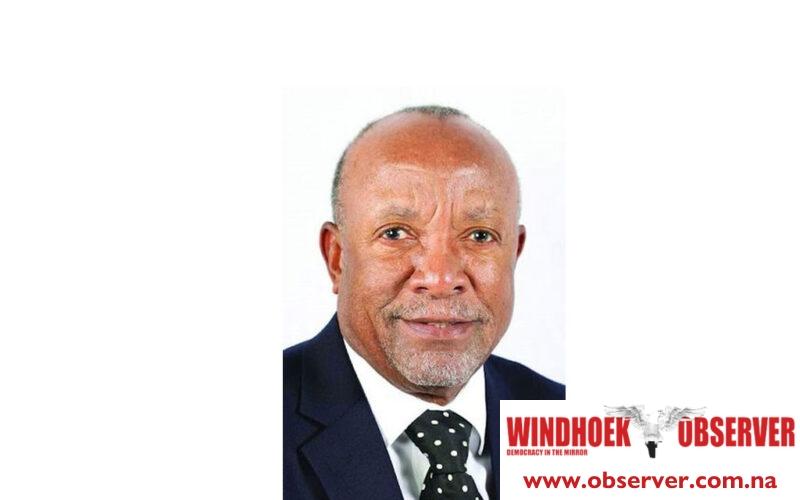Niël Terblanché
In an effort to address overcrowding in prisons and to encourage rehabilitation, President Nangolo Mbumba has issued a pardon and reprieve order leading to the release of more than 2 000 offenders from correctional facilities across Namibia.
This order, announced during the commemoration of Namibia’s 34th independence anniversary, will see 313 inmates receiving full pardons and 1 108 temporarily released from prison.
The Namibian Correctional Service disclosed that these releases represent a substantial proportion of the 4,330 offenders who were considered for the presidential pardon.
The pardon will also see the release of 709 offenders serving sentences under community supervision while 98 will be temporarily released.
The presidential decree, published in the Government Gazette on 3 May 2024, took effect on 21 March 2024.
President Mbumba’s decree, as outlined in the Government Gazette, specified that offenders eligible for the pardon and reprieve included those who have demonstrated good conduct and have served significant portions of their sentences.
The presidential pardon covers offenders aged 60 and above, those who are permanently bedridden, and juvenile offenders who have maintained meritorious conduct.
The presidential decree in the Government Gazette detailed the categories of offenders eligible for release, noting that those convicted of serious crimes such as murder, rape, treason, and drug trafficking are excluded from this pardon.
The exclusion of offenders guilty of serious crimes ensures that individuals who pose a high risk to society or who have a history of serious offences are not released prematurely.
Monika Gaoses, Commissioner-General of the Namibian Correctional Service, emphasised the government’s commitment to a balanced approach between rehabilitation and maintaining public safety.
“This pardon and reprieve are part of our broader strategy to reduce prison overcrowding and support the reintegration of reformed individuals back into society,” Gaoses said.
She added that the NCS’s focus is on those who have shown a genuine commitment to rehabilitation and who are unlikely to re-offend.
A significant number of the pardoned offenders are those serving short-term sentences or those who have already served a large portion of their sentences.
Dr Andreas Mwoombola, a criminologist and expert on correctional reforms, praised the initiative as a progressive step towards humanising the correctional system in Namibia.
“This pardon demonstrates a commitment to reforming the criminal justice system in a way that balances the need for public safety with the imperative of giving individuals a second chance,” Dr Mwoombola said.
He added that the pardon is a reflection of a justice system that values rehabilitation and understands the socio-economic impact of incarceration.”
The comprehensive nature of the pardon reflects a careful consideration of the needs of both the offenders and the broader community.
The Namibian Correctional Service will collaborate with community organisations to provide support and resources to facilitate the successful reintegration into society of the pardoned offenders.
The collaboration with community organisations will be aimed at reducing recidivism and helping former offenders build productive and law-abiding lives.




